

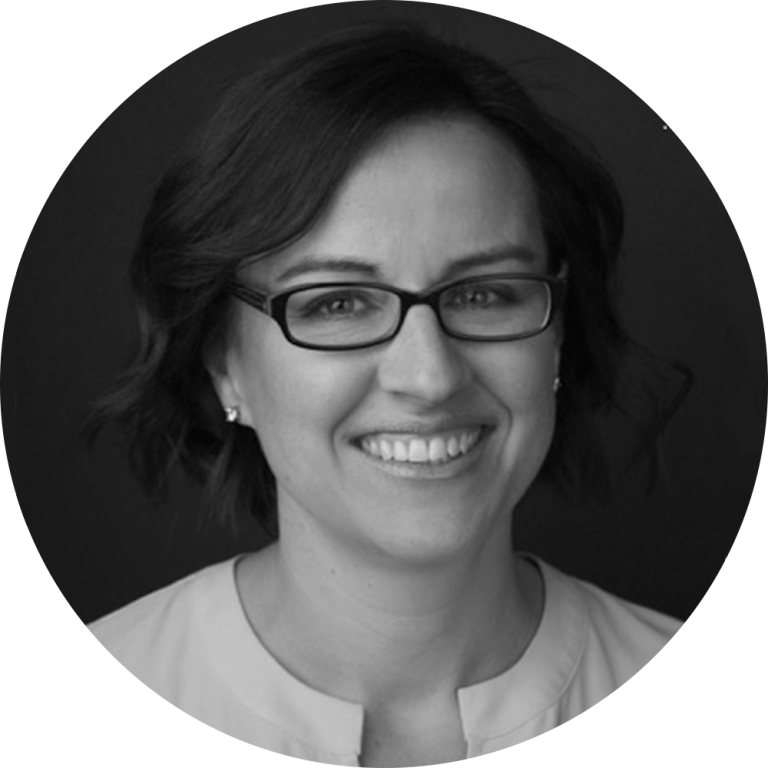
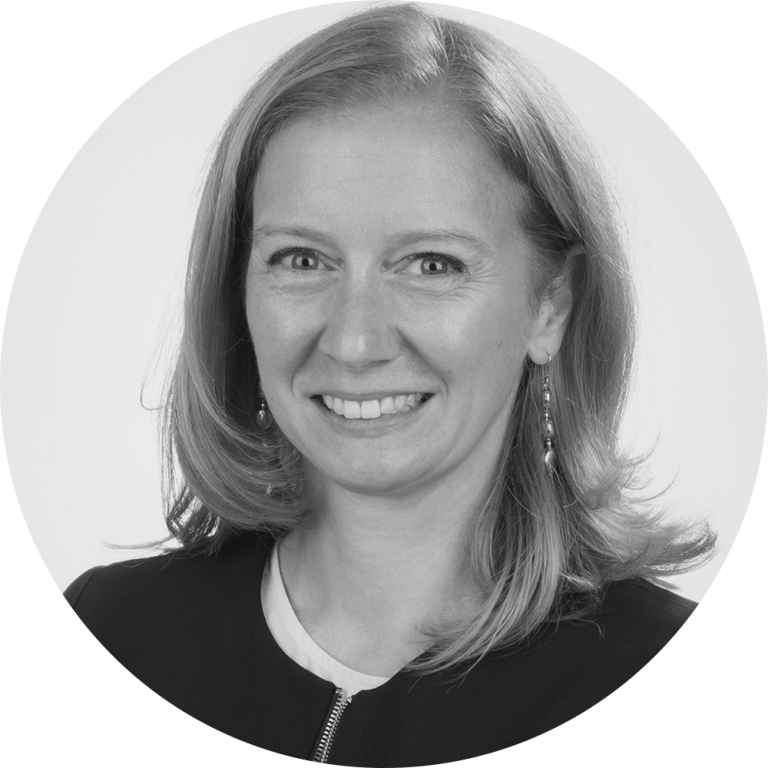
Time
Topic
Speaker
Moderator
7:45 – 8:20 am
Sponsored Breakfast Symposium,
GSK Canada
TBD
8:20 – 8:25 am
Welcome & Opening Remarks
Diego Villa, MD & Isabelle Fleury, MD
8:25 – 8:55 am
Keynote Presentation: Assessment of Adverse Events in Hematologic Malignancies
Gita Thanarajasingam, MD
Diego Villa, MD
8:55 – 9:25 am
Session: Geriatric assessment of CAR T-cell therapy
Anca Prica, MD
Ronan Foley, MD
9:25 – 9:55 am
Session: BiTEs in DLBCL: Are we ready for 1st/2nd line use?
Tycel Philips, MD
Robert Puckrin, MD
9:55 – 10:10 am
Health Break
10:10 – 10:40 am
Session: Management of Primary CNS lymphoma
Prof. Chris Fox
Michael Crump, MD
10:40 – 11:10 am
Session: Liquid biopsy in DLBCL – Where are we in 2025?
Ash Alizadeh, MD
Michael Crump, MD
11:10 – 11:40 am
Session: Management of post-transplant lymphoprolifeactive disorder in 2025
Suheil Albert Atallah-Yunes, MD
TBD
11:40 – 12:45 pm
Buffet Lunch
12:45 – 1:15 pm
Sponsored Lunch Symposium,
Eli Lilly Canada
TBD
1:15 – 1:45 pm
Session: What’s the new standard for first line HL?
Ann LaCasce, MD
Isabelle Fleury, MD
1:45 – 2:15 pm
Session: Guidelines for CLL survivorship
Alessandra Ferrajoli, MD
Versha Banerji, MD
2:15 – 2:45 pm
Session: Management of CLL patients with 17p del (frontline + relapse)
TBD
Versha Banerji, MD
2:45 – 3:00 pm
Health Break
3:00 – 3:30 pm
Session: Management of POD24 in FL & MZL
Kelly Davison, MD
Isabelle Fleury, MD
3:30 – 4:00 pm
Session: The Canadian myeloma algorithm in 2025 – An Update
Arleigh McCurdy, MD
Peter Anglin, MD
4:00 – 4:30 pm
Session: Sequencing for CAR T-cell and bi-specifics for MM in 2025
Guido Lancman, MD
Peter Anglin, MD
4:30 – 4:35 pm
Closing Remarks & Adjournment
Diego Villa, MD & Isabelle Fleury, MD


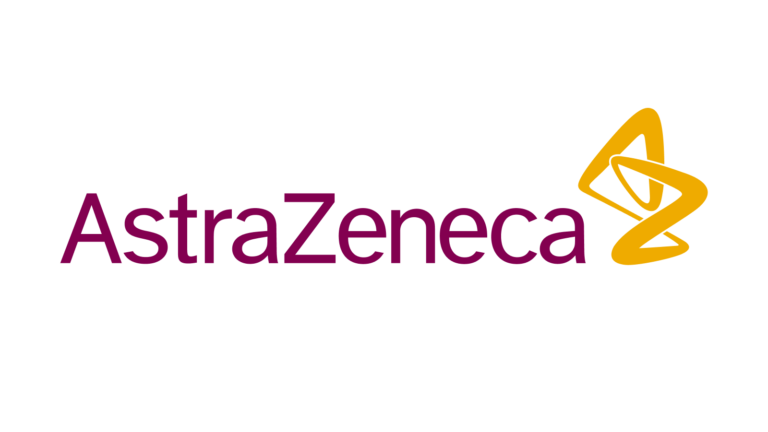


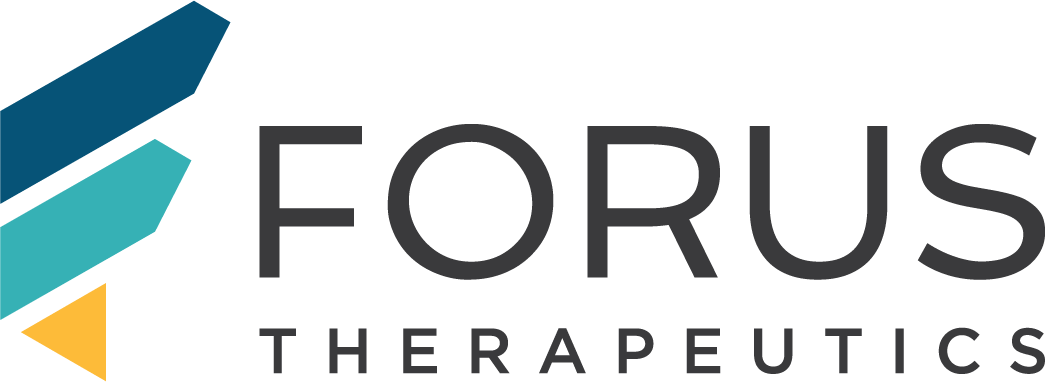

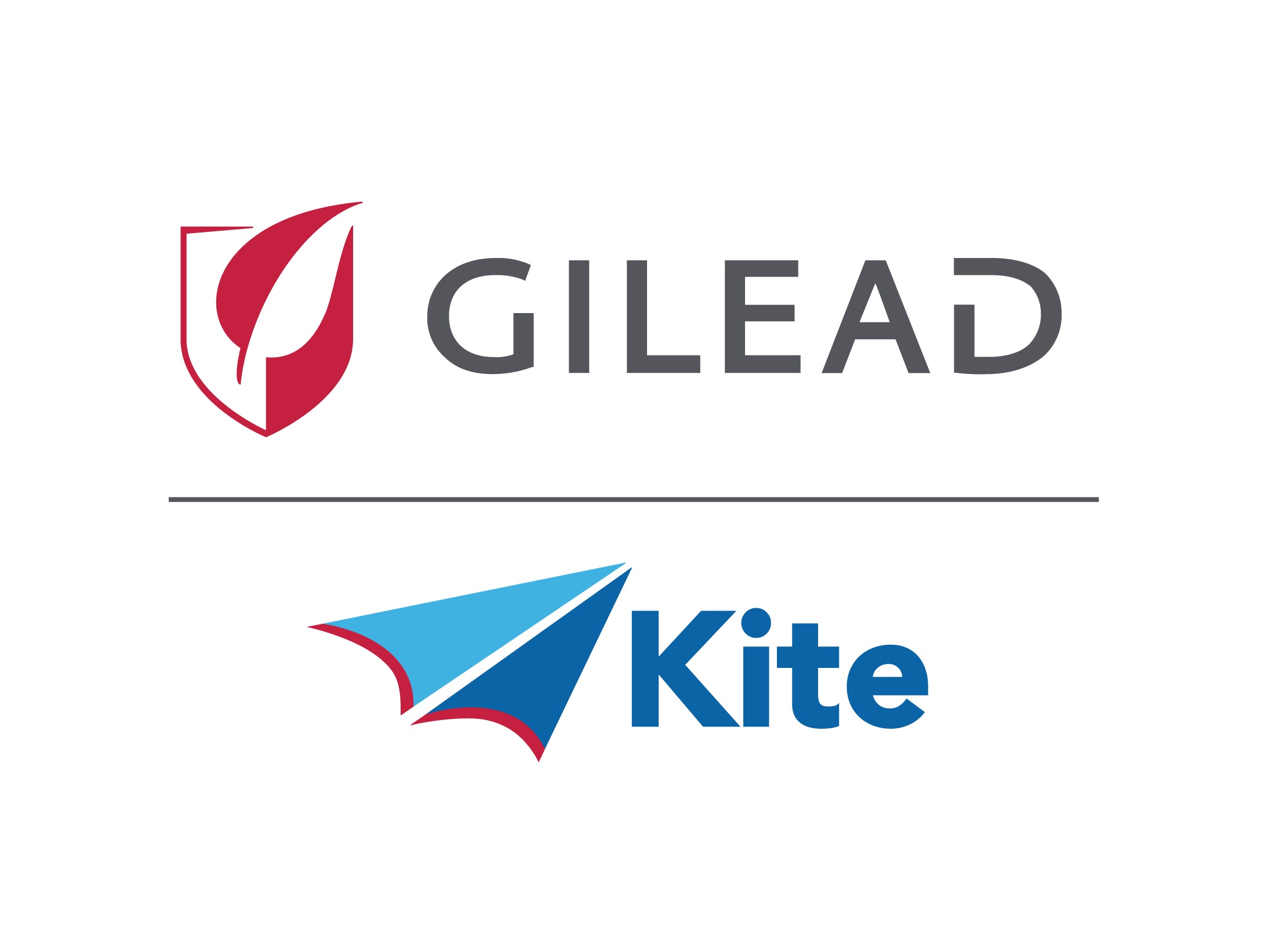

Canadian Hematology Today provides a forum for the clinical community to share real-world experience and the latest best practices in the treatment and management of hematologic disease.
The journal is published thrice yearly in English and French and is circulated to over 1,100 hematology clinicians and researchers across Canada. It features peer-reviewed articles that present robust clinical perspectives and practical insights into disease management.

Founded in 2009, Catalytic Health is one of Canada’s largest medical education agencies and reaches over 50,000 Canadian clinicians a year with its educational programs, services and platforms. Catalytic Health is also the largest independent medical publisher in Canada, one of the largest scientific conference providers, and a leader in innovative events and services for the Life Sciences industry. Learn more about Catalytic Health.
© 2025 All Rights Reserved.
Time
Session
Speaker
Moderator
Following his clinical subspecialty, Hematology and Medical Oncology training at Stanford, he completed his postdoctoral studies with Ron Levy and Irv Weissman. During this time, he worked on molecular outcome prediction in DLBCL, developing a statistical framework for the identification of small numbers of genes for robust risk stratification and prognosis. Working with Irv Weissman, he identified CD47 expression as an adverse prognostic factor in non-Hodgkin lymphomas, and a therapeutic target of novel monoclonal antibodies that synergize to eradicate tumors.
The Alizadeh Lab studies genomic biomarkers of tumors, whether detected through biopsy of primary tissues, or non-invasively through monitoring blood using circulating tumor DNA (ctDNA). His group developed Cancer Personalized Profiling by deep Sequencing (CAPP-Seq) as a novel method for ctDNA detection, and developed a novel cell deconvolution framework (CIBERSORT). His group applies such genomic tools for early detection, diagnosis, and monitoring of diverse tumors. In this effort, his group builds and employs tools from functional genomics, computational biology, molecular genetics, and mouse models.
Dr. Versha Banerji obtained her MD and residency training in internal medicine and hematology at the University of Manitoba. She then completed a post-doctoral fellowship in translational research at the Harvard Cancer Centre/Dana-Farber Cancer Institute and the Broad Institute of MIT. She is a senior scientist at the CancerCare Manitoba Research Institute, Associate Professor at the University of Manitoba, and a clinician-scientist at CancerCare Manitoba. She co-leads the CLL clinic and is involved in several clinical trials and population-based treatment studies. As co-chair of the CLL research program she manages a multi-disciplinary research team in clinical, fundamental and translational research. Her own laboratory is evaluating mitochondrial bioenergetics and function as a measure of cancer cell metabolism.
Dr Michael Crump is a Hematologist in the Division of Medical Oncology and Hematology at Princess Margaret Cancer Centre, and Professor of Medicine at the University of Toronto. He was the co-chair of the Hematology Site Group of the CCTG for many years and the co-chair of the Lymphoma working group. His research interests include the development of new therapies for lymphomas including bispecific antibodies and chimeric antigen receptor (CAR) T cells and the application of autologous stem cell transplantation.
Dr. Kelly Davison is an assistant professor in the Department of Medicine at McGill University, and a hematologist at the Royal Victoria Hospital, McGill University Health Centre. She initially obtained her medical degree from McGill University after completing a PhD in the field of molecular oncology. Thereafter, she pursued residency training in Internal Medicine, and subspecialty training in Hematology, at McGill University, followed by a two-year fellowship in lymphoma and autologous stem cell transplantation at Princess Margaret Cancer Centre.
Dr. Davison joined the MUHC’s division of Hematology in 2013, where she continues to have clinical and research interests that centre on the management of lymphoma. She is a member of the MUHC’s stem cell transplant and immune effector cell therapy group and is the clinical CAR-T lead for lymphoma. She is an active member of the Canadian Cancer Trials Group’s lymphoma subcommittee and was the Canadian chair on the recently completed HDC.1 trial evaluating a novel treatment strategy for advanced stage Hodgkin lymphoma.
Prof Chris Fox (MBChB FRCP FRCPath PhD) is Professor of Haematology at the School of Medicine, University of Nottingham and Honorary Consultant Haematologist at Nottingham University Hospitals NHS Trust.
His research interests focus on the aggressive lymphomas and he currently Chairs the UK’s aggressive lymphoma study group. Prof Fox is the Medical Director for the UK TAP (therapy- accelerated programme) blood cancer trials delivery network. He is Chief Investigator and steering committee member for several early and late phase national and international clinical trials. He has co-authored and peer-reviewed manuscripts in high-impact journals including NEJM, The Lancet, Lancet Oncology, Lancet Haematology, Journal of Clinical Oncology, Blood, BMJ.
Dr. Ann S. LaCasce earned her medical degree from Tufts University School of Medicine. She completed training in internal medicine at Brigham and Women’s Hospital in Boston, where she later served as a Chief Medical Resident. After her fellowship in medical oncology at Dana-Farber/Partners Cancer Care, she pursued formal training in clinical investigation, earning a Master in Medical Science from Harvard/MIT Division of Health Sciences and Technology. Since 2003, she has been a member of the Lymphoma Program at Dana-Farber where she performs clinical research. She has a longstanding interest in medical education, and is the Program Director of the Dana-Farber/Mass General Brigham Fellowship in hematology/oncology. In addition, she co-directs the Center for Adolescent and young Adult Oncology at Dana-Farber. She is an Associate Professor of Medicine at Harvard Medical School. She is Chair of the Lymphoma Research Foundation Scientific Advisory Board and serves on the ABIM Medical Oncology Board, the National Comprehensive Cancer Network’s Lymphoma Guideline Panel, and the Alliance Lymphoma Committee.
Guido Lancman is a clinical associate at the Princess Margaret Cancer Centre and adjunct Assistant Professor in the Department of Medicine at the University of Toronto. Prior to coming to Toronto, he obtained his M.D. at the Icahn School of Medicine at Mount Sinai in New York, and his M.Sc. in Clinical Trials with distinction at University College London in the UK. He completed his Internship and Residency in Internal Medicine, as well as his Fellowship in Hematology and Medical Oncology at Mount Sinai. Dr Lancman was involved in research throughout his training, receiving the Mount Sinai Summer Research Scholars Award in medical school, the SOHO Young Investigator Travel Award in residency, and obtaining funding for two investigator-initiated studies during his fellowship. His research has focused on optimizing the efficacy and safety of novel therapies in multiple myeloma, with a particular interest in immunotherapies. He is involved in the development of multiple myeloma clinical trials through Princess Margaret and through the Canadian Myeloma Research Group.
Dr. Arleigh Robertson McCurdy, MHA, MD, FRCPC, is an Associate Professor in the Faculty of Medicine at the University of Ottawa, Lead of the Multiple Myeloma Program at The Ottawa Hospital, and a Clinician Investigator at The Ottawa Hospital Research Institute. Her clinical research is focused on multiple myeloma and related disorders. She is a member of the Canadian Cancer Trials Group Myeloma Committee, the International Myeloma Working Group, and she is a director on the Canadian Myeloma Research Group Board of Directors.
Dr. Tycel J. Phillips, M.D. is a Hematologist-Oncologist and Associate Professor of Medicine at City of Hope Comprehensive Cancer Center in Duarte, CA. Dr. Phillips earned his medical degree from Rush University, followed by a residency in internal medicine at the John H. Stroger Jr. Hospital of Cook County in Chicago. He completed his fellowship training in oncology/hematology at University Hospitals in Cleveland. Before joining City of Hope, he was a Clinical Associate Professor at the University of Michigan, where he was appointed the Maria Reinhardt DeCesare Research Professor of Blood Cancers and Bone Marrow Transplantation. Cancer care is a personal mission for Dr. Phillips. Leading clinical trials into new targeted therapies is a vital part of his work. He has published over 40 peer-reviewed studies and attracted dozens of research grants. Dr. Phillips currently serves as an executive committee member on the Lymphoma Research Foundation’s Mantle Cell Lymphoma Consortium, guiding the MCLC by identifying gaps in research and patient care for the MCL patient population.
Dr. Anca Prica is a staff hematologist at Princess Margaret Cancer Centre, and associate professor in the division of hematology at University of Toronto, appointed in 2014. She is currently the site lead of the lymphoma and myeloma program at Princess Margaret Cancer Centre. She did her initial medical training in Toronto, and her clinical training in Internal Medicine and Hematology in the University of Toronto Program. She then did a 2 year fellowship in Malignant Hematology at the Sunnybrook Health Sciences Centre and a Masters in Health Research Methodology at McMaster University, with research interests in quality of life and economic evaluations. Her clinical work focuses in both lymphoproliferative and plasma cell disorders, as well as autologous stem cell transplantation and CAR-T therapy. Her research interests focus on health services research, particularly economic evaluations and decision analyses for oncologic questions, examining resource use and cost of care, as well as toxicity of chemotherapies, and their effects on quality of life and caregiver burden.
Dr. Gita Thanarajasingam is an Associate Professor of Medicine and consultant in the Division of Hematology at Mayo Clinic in Rochester, Minnesota. She is a graduate of Yale University and Mayo Clinic Alix School of Medicine and completed her residency at the Brigham and Women’s Hospital at Harvard Medical School. After Hematology and Oncology Fellowship and Advanced Lymphoma Fellowship at Mayo Clinic, she joined the faculty of the Mayo Clinic Rochester Lymphoma disease-oriented group.
Her clinical practice as an oncologist is focused on Hodgkin and non-Hodgkin lymphoma, and she performs health outcomes research in lymphoma and other cancers. As a clinical investigator, her work focuses on improving the evaluation of adverse events (AEs) of treatment and measuring their impact on treatment tolerability cancer patients. She developed the Toxicity over Time (ToxT), a longitudinal patient-focused approach to AE evaluation. She is active in the implementation of patient-reported outcomes (PRO) to better understand treatment toxicity and tolerability.
She serves of as vice co-chair of the Alliance for Clinical Trials in Oncology Health Outcomes Committee and is the recipient of K and U01 grants from the U.S. National Institutes of Health. She leads the ongoing international multi-stakeholder Lancet Haematology Commission, “Beyond maximum grade: modernizing the assessment and reporting of adverse events in hematological malignancies.” She is an international advisory board member of the Lancet Haematology and an ad-hoc member of the U.S. Food and Drug Administration (FDA) Oncology Drug Advisory Committee (ODAC) with expertise in toxicity assessment. Her research program overall endeavors to improve the accuracy and patient-centeredness of AE evaluation and better understand cancer treatment tolerability from the patient’s perspective.